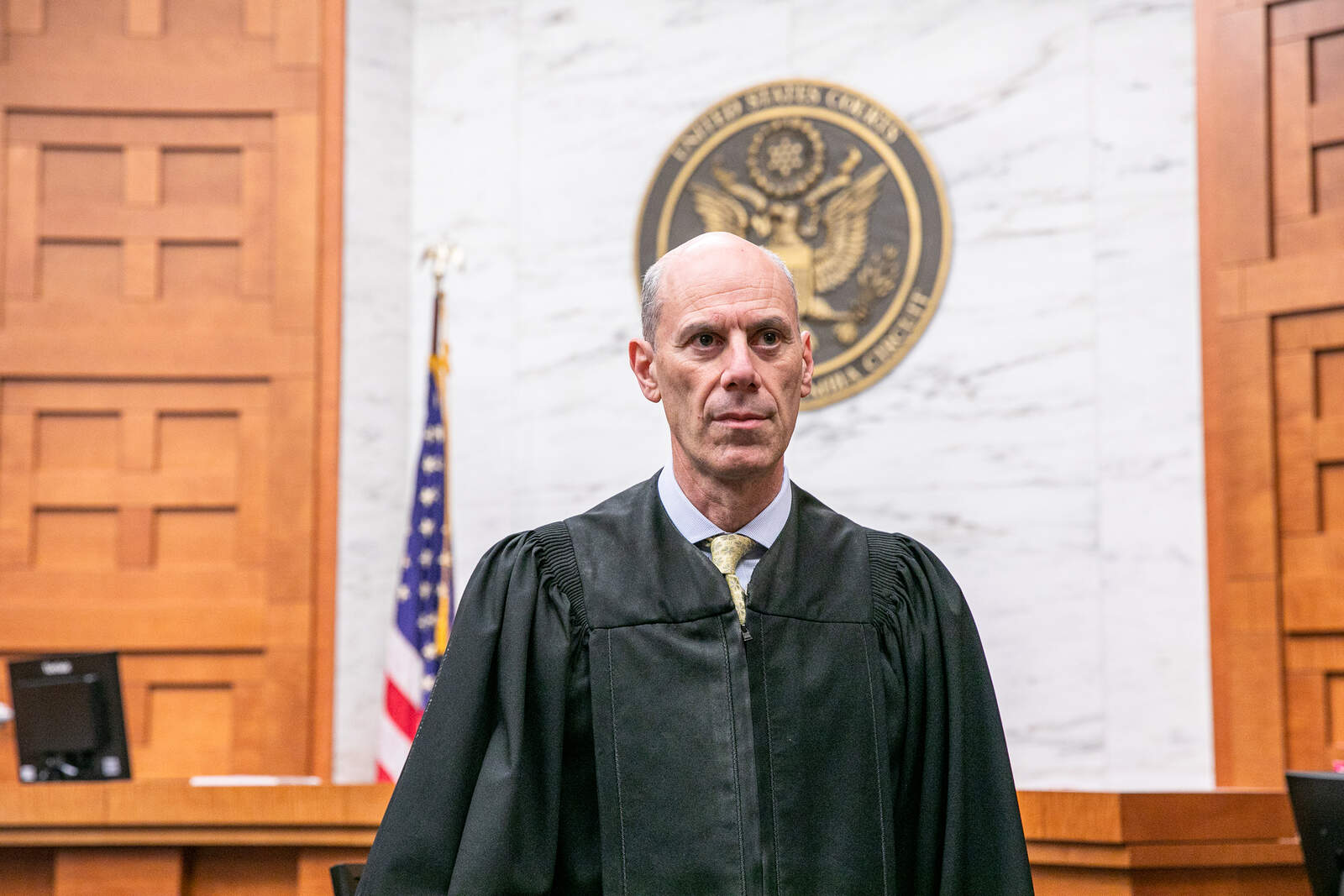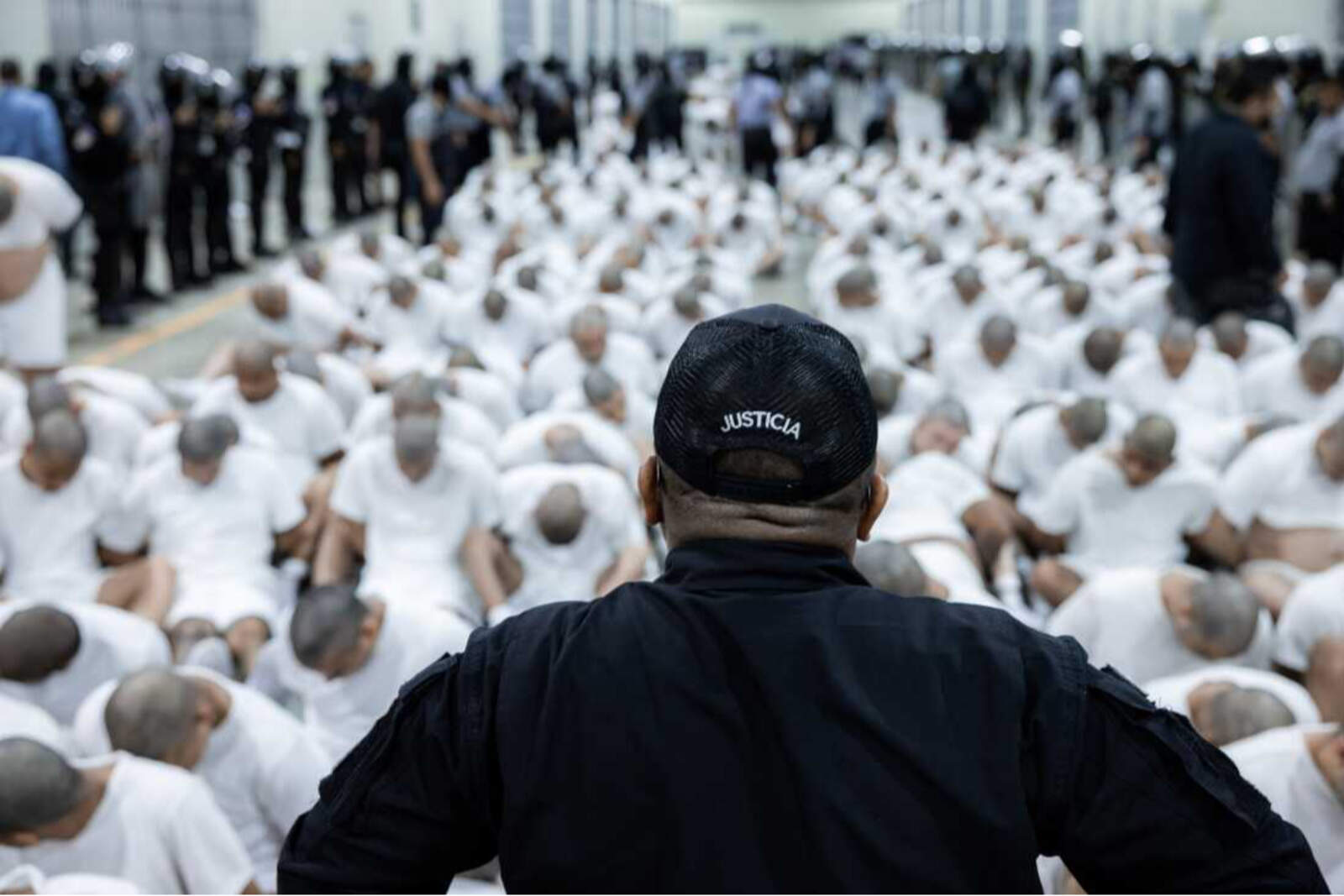The United States Supreme Court allowed the Trump administration to resume deportations of Venezuelan gang members under the Alien Enemies Act of 1798, after a lower court temporarily blocked the use of this law.
The Chief Judge of the DC District Court, James Boasberg, had issued an order that prevented President Trump from invoking this little-used law, which allows for the rapid deportation of individuals considered a threat during wartime, in this case, members of the Tren de Aragua.
The Trump administration requested an urgent review of this decision and, after a rejection from a three-judge panel of the DC Circuit Court of Appeals, took the case to the Supreme Court on March 28.

The Supreme Court lifted the suspension of the deportation order, allowing the Trump administration to continue using the Alien Enemies Act while litigation over its application continues in the lower courts.
This victory represents a significant advance for the White House, as it will allow immigration authorities to use this broad wartime authority to quickly deport gang members, such as those accused of belonging to the Tren de Aragua, to El Salvador, where they could be imprisoned in high-security prisons.
In its emergency appeal, Trump framed the case as a struggle over judicial power, correctly arguing that Judge Boasberg's decision to block the law's application undermined his ability to protect the United States from foreign threats, such as gangs. The Supreme Court accepted the administration's request, overturning Boasberg's orders.










